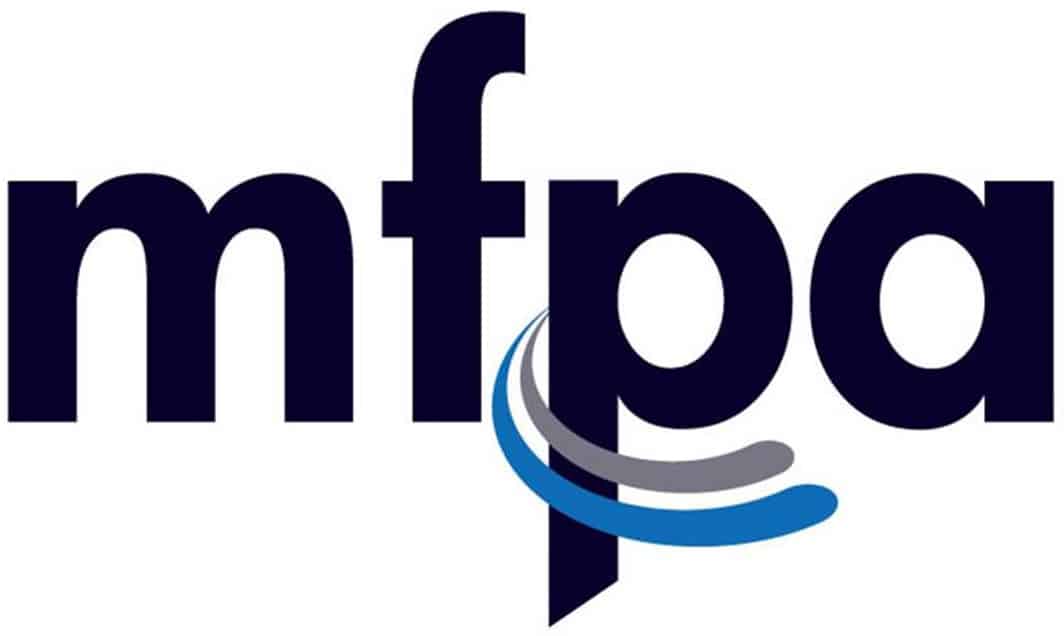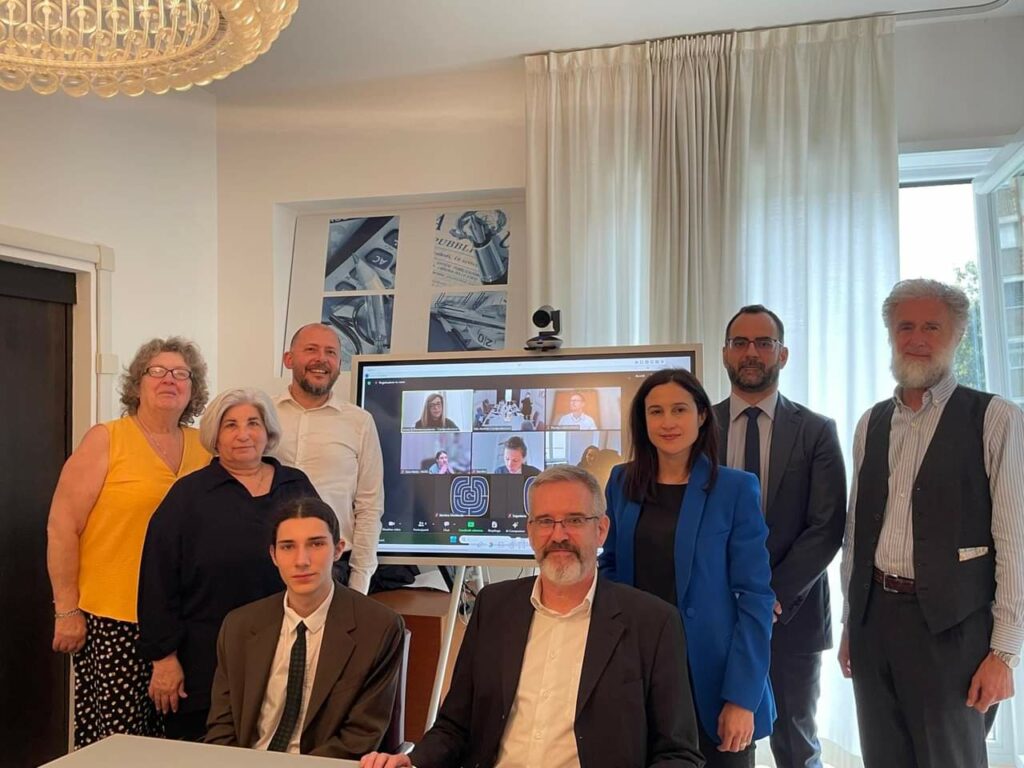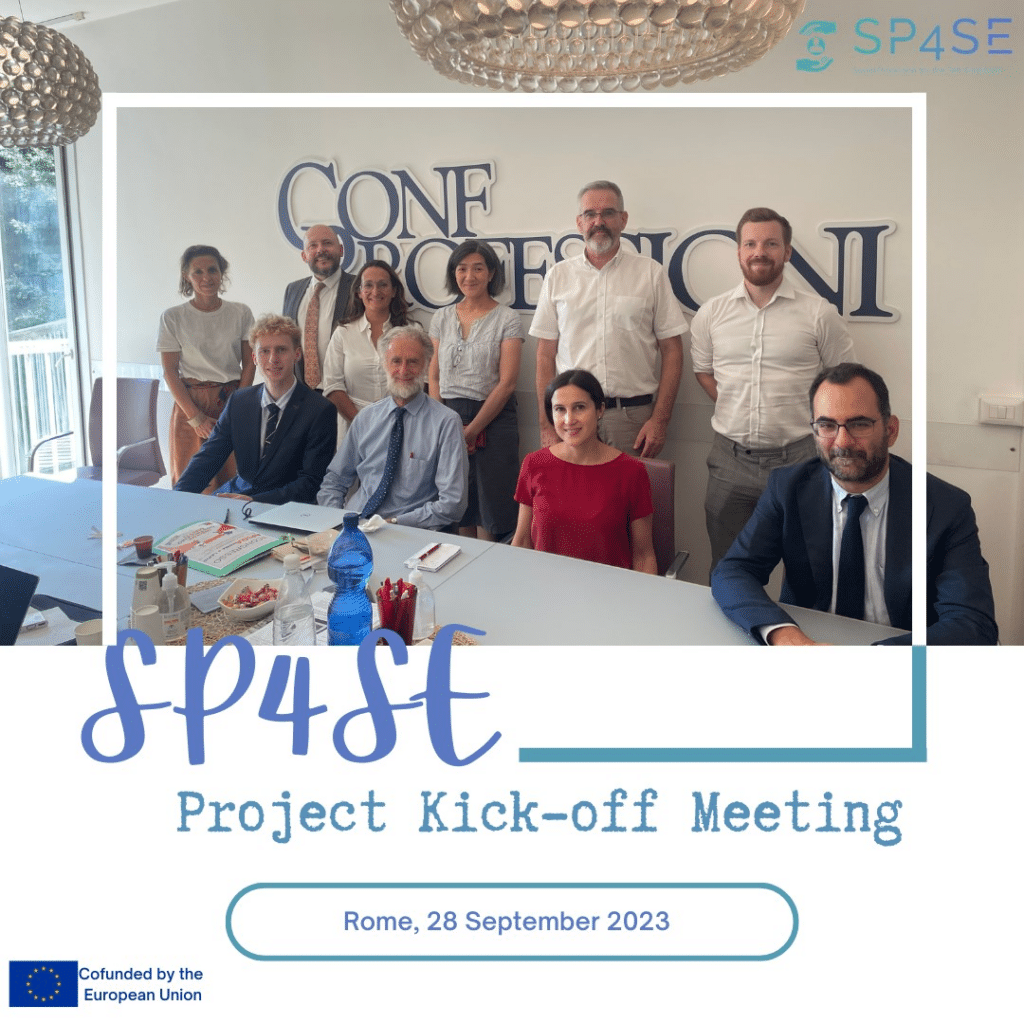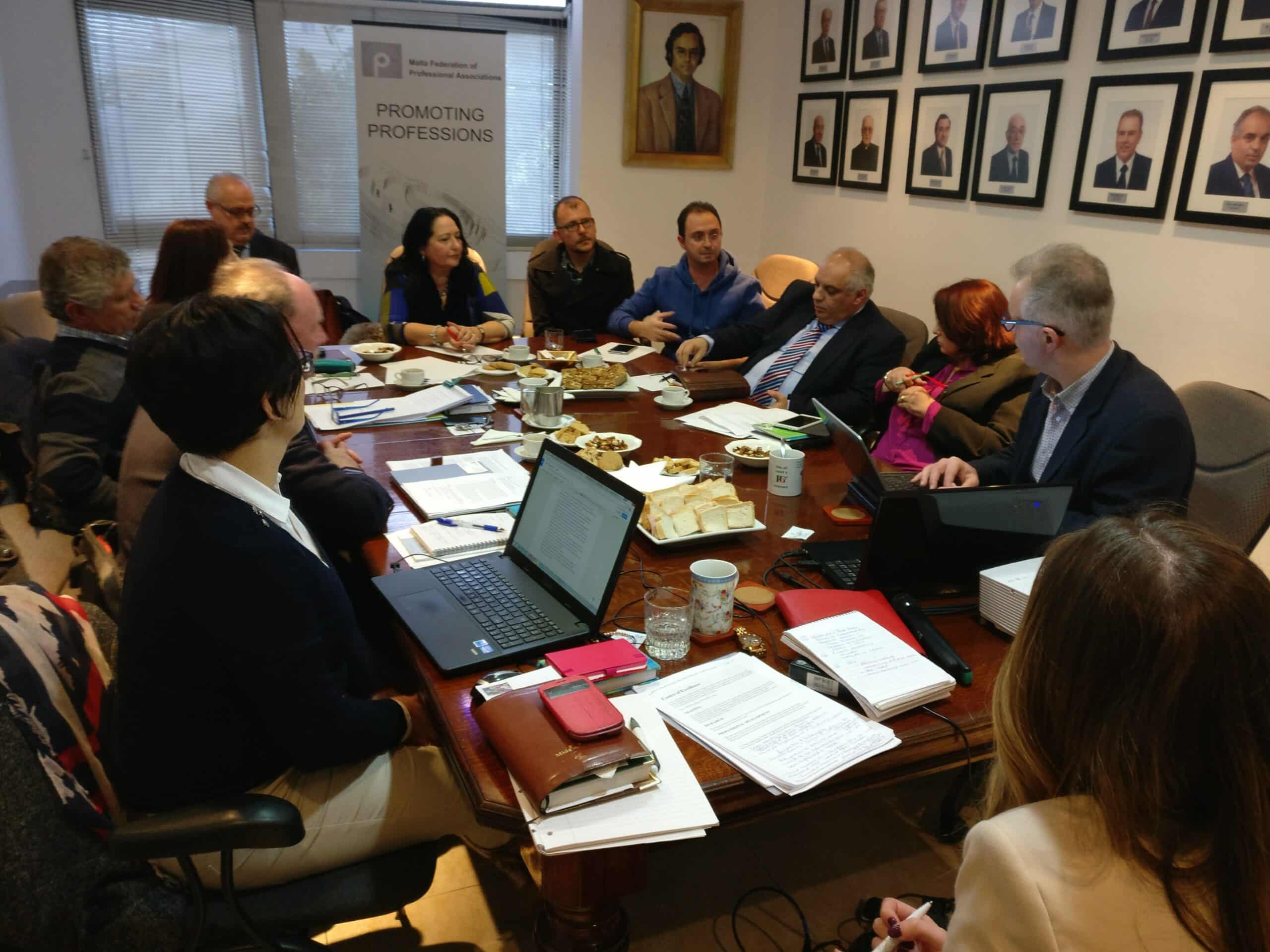
Workshop: “Ethics For Professionals: Current Challenges And Recent Responses”
Informing professionals to introduce Continuous Professional Development schemes in order to keep up to date and consult their clients with up to date information in all sectors especially in the health.
Day & Time: Monday 6 Feb 2017, 16:00-19:00
Location: MFPA offices (conference room)
Participants
ECEPE core members:
- Ben Rizzo
- Professor Benoit Rihoux
- Dr David Fabri
- Norma Camilleri
Excused ECEPE core members due to duties abroad:
- Dr Bojana Lobe
- Dr Jean Paul de Lucca
- Dr. Theodoros Koutroubas
- Ing Helga Pizzuto
Other professionals:
- Alfred Briffa (Kamra tal-Periti)
- Victoria Massalha (Malta Association of Physiotherapists)
- Mary Ann Sant Fournier (Malta Chamber of Pharmacists)
- Silvia Galea (Malta Association of Counselling Profession)
- Demis Cachia (Malta Association of Occupational Therapists)
- Valentina Bezzina (Malta Chamber of Psychologists)
- Saviour Baldacchino (Chamber of Engineers)
- James Licari (Malta Association of Conservators and Restorers)
A brief overview of the European Centre of Competence for Professional Ethics (ECEPE) was given outlining the main three objectives:
- To convene researchers/experts in different areas of ethics in one place, Malta.
- To provide training both at the basic level as well as Continuous Professional Development and to develop both standard curricula and benchmarks, not in bottom-up approach by consulting professions.
- To raise awareness within society: a broad vision involving both decision makers/ society at large/citizens/patients
The main questions discussed during the workshop were:
- What are the specific challenges that you are meeting in your profession in terms of professional ethics? Can you mention one or two concrete challenges?
- Which responses have you brought (or do you plan to bring) to these challenges, at the Maltese level?
- To what extent is the European dimension relevant in these challenges and responses? Have you for instance taken part in joint initiatives at the European level? Do you think these issues are best targeted at the national or EU level?
The following main points emanated from the three-hour open discussion.
- Differentiation between professionals and other persons acting as professionals – interests of clients are not safeguarded
- Professionals and Government laws that could hinder a professional giving the correct advice to patients ( especially health issues)
- Correct and ethical use of social media by professionals
- A good Government based data management system of patients especially in health and link with the private sector.
- The use of IT in professional practice
- Informing professionals to introduce Continuous Professional Development schemes in order to keep up to date and consult their clients with up to date information in all sectors especially in the health.
